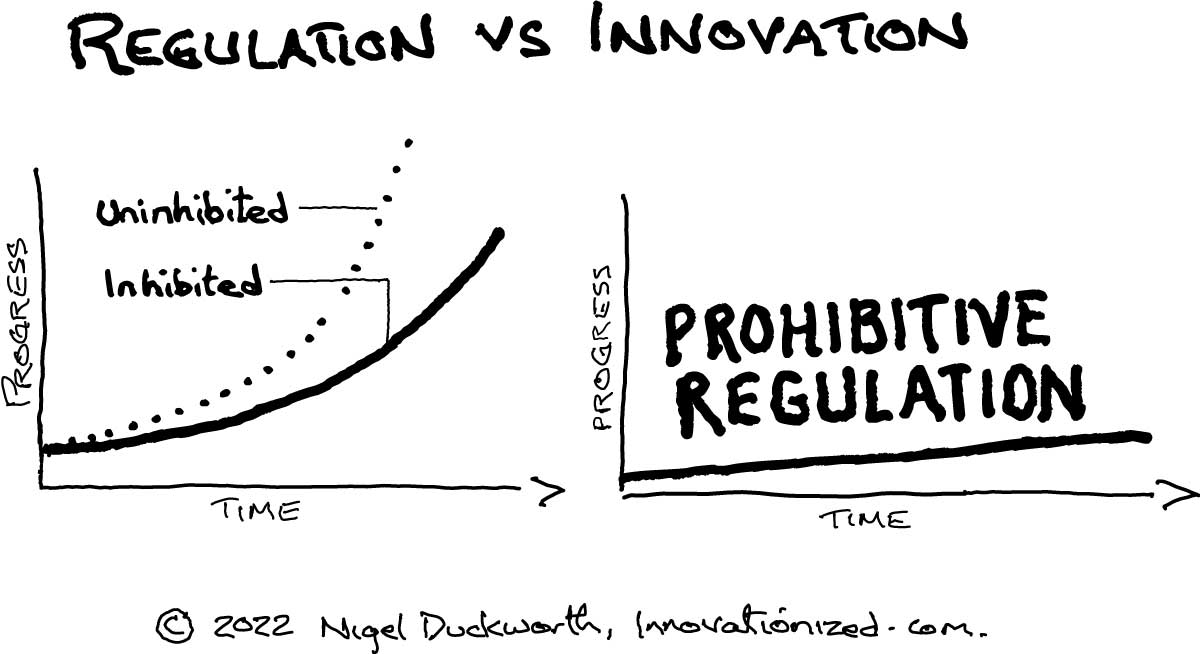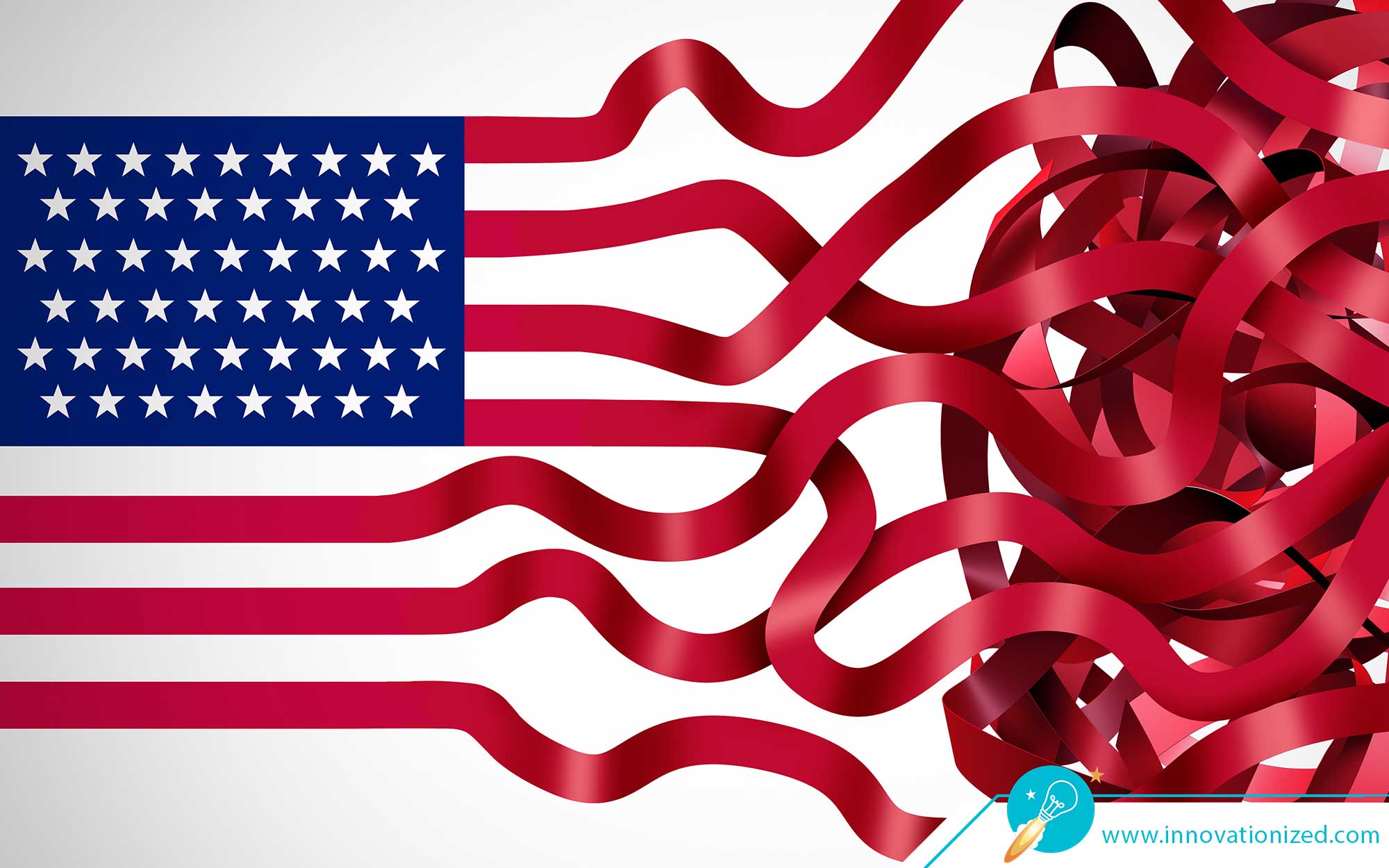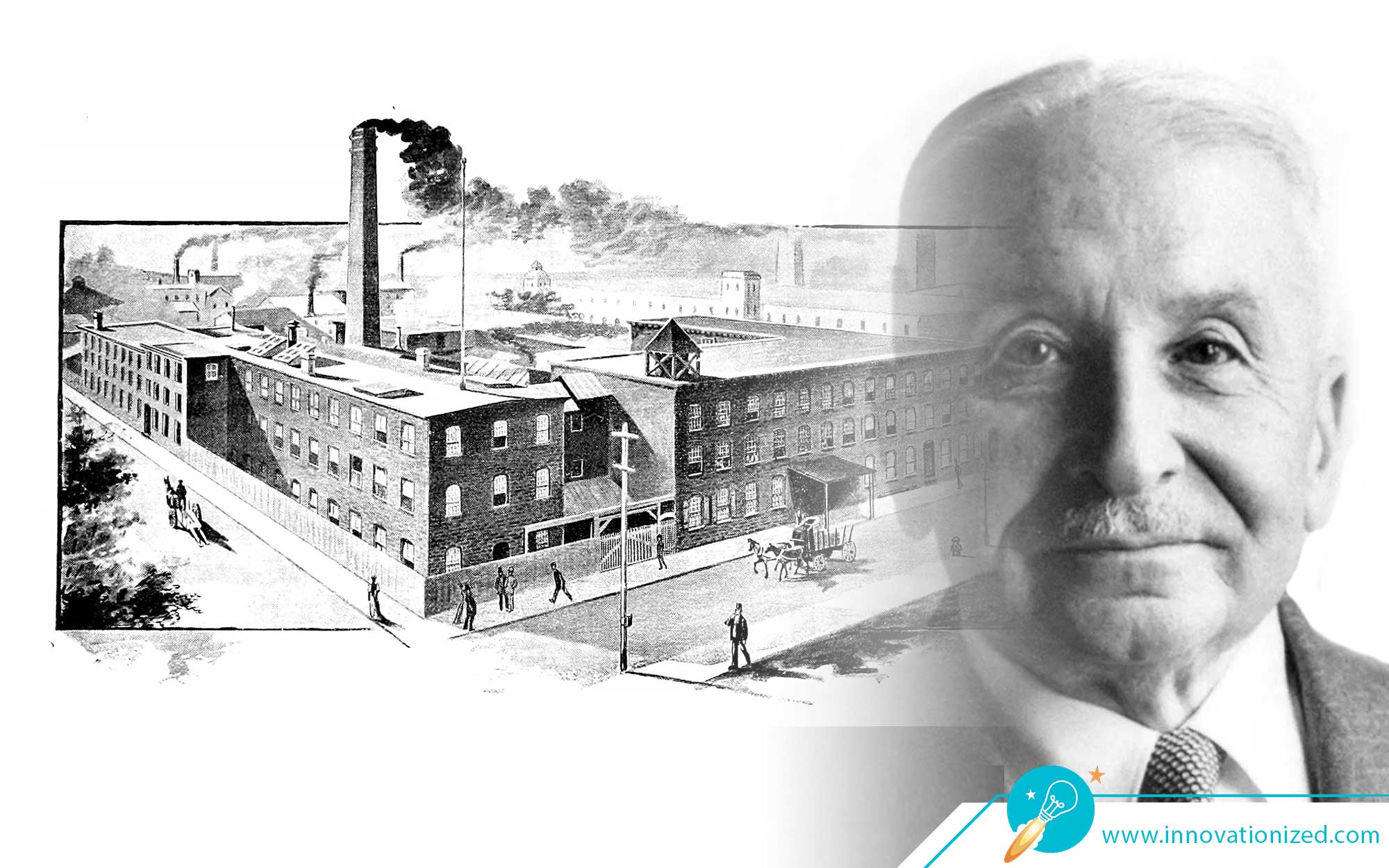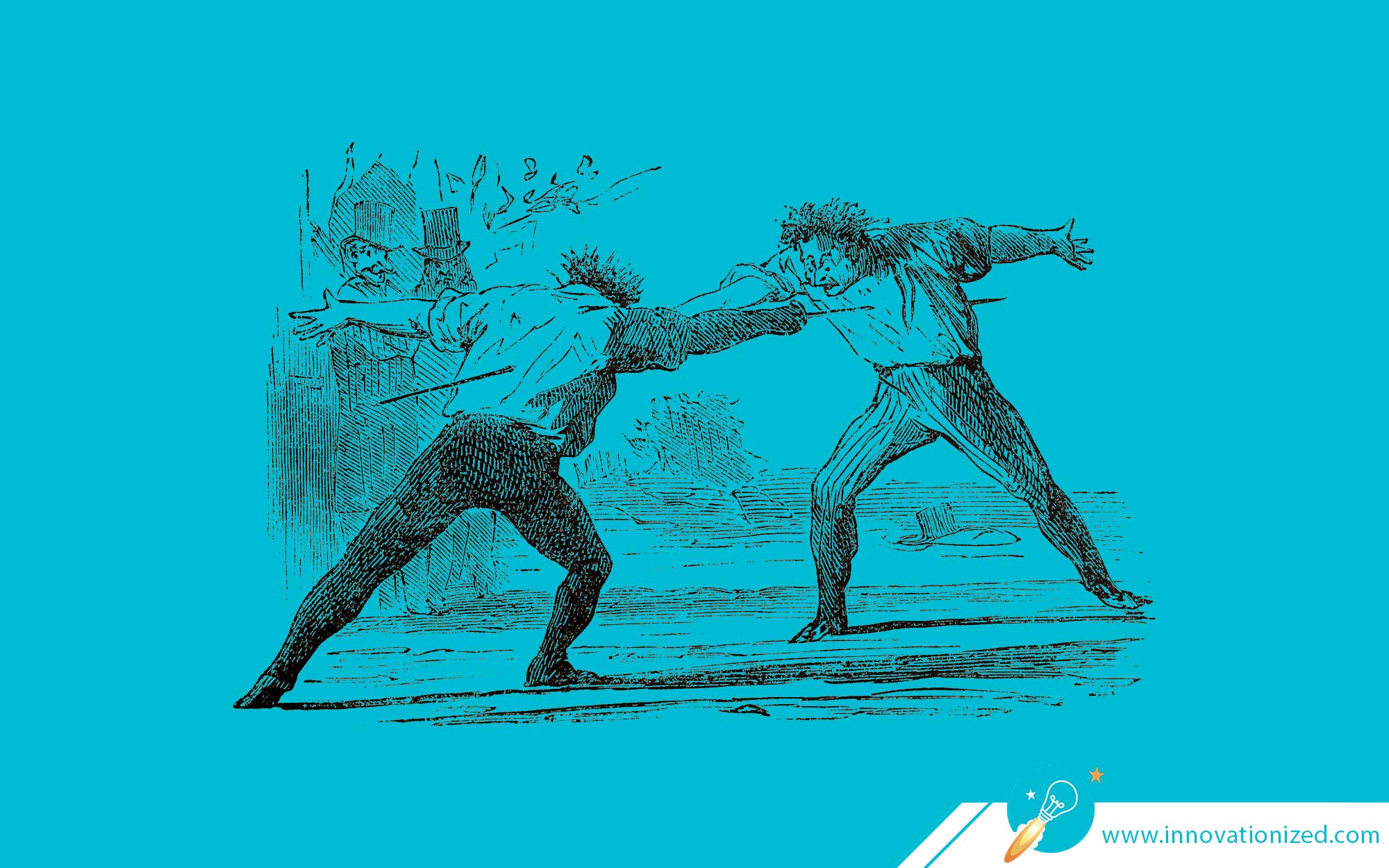How opposition to new technologies stifles innovation and progress
The economist Julian Simon observed that when we solve a problem, we are often better off than before we had the problem.
Take for example the tree and wood shortage in England before the Industrial Revolution.
The shortage led to a search for alternatives and the use of coal, which was far superior to wood, and which fueled the Industrial Revolution, through improved iron smelting, the widespread use of iron, the invention and powering of the steam engine, and the growth of transportation by rail and ocean.
Thus problems are not barriers to progress, but catalysts to innovation and accelerated progress.
What this means, is that regulations and bars on particular technologies (e.g. plastic) actually inhibit and kill further innovation, by stifling the catalyst they need to develop and mature into cost-effective and safe technologies.
Regulation refers to “the promulgation of targeted rules, typically accompanied by some authoritative mechanism for monitoring and enforcing compliance.” (“Regulation” Britannica.com)
We never notice this because we notice the presence of things, like plastic in the ocean, but we don’t see the absence of things, the innovations that never happened and so don’t exist.
Every new technology brings problems.
The first flint tools left sharp flint fragments on the ground. And no doubt, many of our ancestors hammered their fingers accidentally, and cut themselves fashioning their tools.
We learned to be more careful, refined our methods, and eventually we found better materials and better methods of making tools.
That is how innovation and progress proceed.
And the problems that new technologies raise, themselves lead to new innovations and ever more powerful technologies.
The incredible progress from the Wright brothers’ first powered flight in 1903, to the moon landing in 1969, is testament to that.






